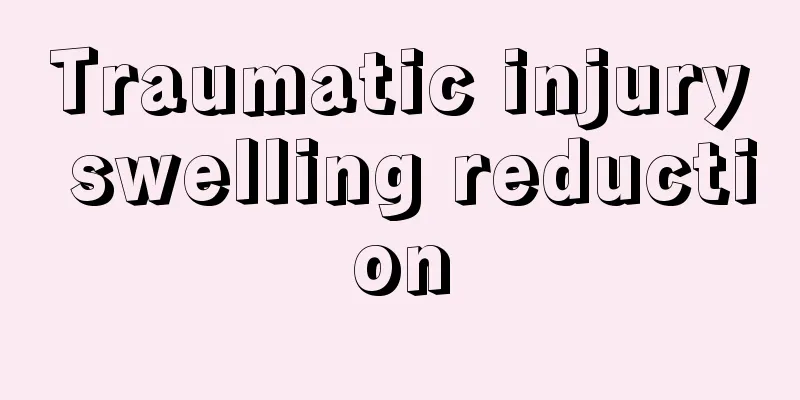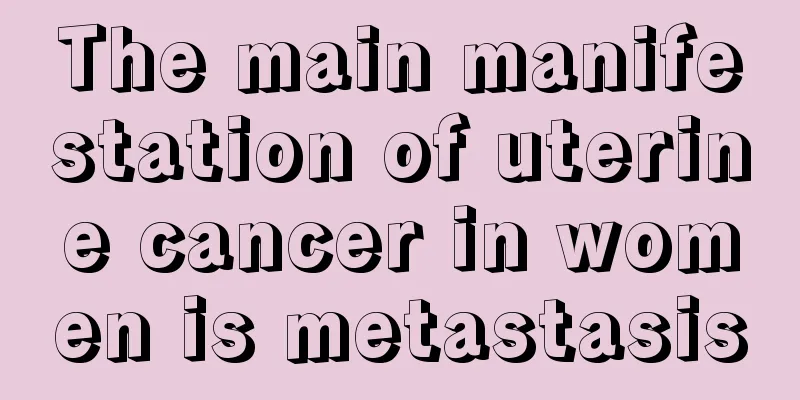Heart rate over 60

|
When a normal adult is at rest, their heart rate is often between 60 and 100 beats per minute. A domestic survey and research found that more and more young people are beginning to suspect that they have heart problems, to the point that some people already have heart rate problems. A heart rate of over 60 is normal, but it depends on what group it occurs in. The normal resting heart rate of an adult is between 60 and 100 beats per minute. A foreign study conducted a 26-year follow-up survey on people aged 35 to 84. The results showed that as the heart rate increased, the mortality rate showed a significant upward trend, especially in men. Of course, a slow heart rate is also not good for health. Human life span presents a U-shaped curve, that is, a heart rate that is lower than 50 beats/minute for a long time or higher than 80 beats/minute for a long time will increase the mortality rate. A large-scale sample survey in China also found that people with a fast heart rate have a shorter life expectancy than the average person. In comparison, people with a heart rate of 60 beats per minute live longer than those with a heart rate of 70 beats per minute, and people with a heart rate of 70 beats per minute live longer than those with a heart rate of 80 beats per minute. Long-term slow heart rate can cause the body to suffer from hypoxia and ischemia due to insufficient blood "pumped" by the heart. The compensatory ventricles speed up their movement to supply blood. Excessive ventricular movement can cause insufficient blood return. In severe cases, it can lead to sudden death, or even death in the sleep. Therefore, if the heart rate and pulse are less than 50 times, you should go to the hospital for a detailed examination to find out the cause. If it is pathological, a pacemaker should be installed to speed up the heart rate in severe cases. A fast heart rate can also shorten your life. Because the heartbeat is too fast, it is equivalent to quickly consuming the "total heartbeat amount" of the human body in a lifetime. Long-term tachycardia can lead to heart enlargement and heart failure. For those with a history of coronary heart disease, it can directly induce a coronary heart disease attack, thereby increasing the incidence and mortality of cardiovascular disease. Especially for patients with hypertension, the heart rate should not exceed 80 beats/minute. Once the heart rate exceeds 100 beats/minute, you should go to the hospital in time to find out the cause and receive treatment. If you want to slow down your heart rate, you should pay attention to reducing work pressure and mental burden. Obese people should lose weight, exercise more, eat a low-salt diet, quit smoking and drinking, etc. Pathological causes of a rapid heart rate include infection, fever, anemia, hyperthyroidism, heart failure, etc. These conditions require timely treatment. It should be reminded that people with high blood pressure, high blood sugar and high cholesterol must exercise moderately. If their heart rate cannot recover to below 100 beats per minute within 5 minutes after exercise, the intensity is too high. |
>>: I don't usually exercise but my heart rate is low
Recommend
What factors are related to the cause of melanoma
The cause of melanoma is also a concern for many ...
What is the cause of acne in the inner corner of the eye
When we are in adolescence, it is easy for us to ...
What are the functions and effects of Shenmai Injection Liquid
Currently, Shenmai Injection has a very powerful ...
MRI side effects
In the past, some examinations were diagnosed thr...
How to cook sea cucumber
Although people’s living conditions are better no...
Wake up with a dry throat
There are many people in life, whether male or fe...
What tea can lower blood sugar?
As people's living standards improve, the foo...
Symptoms of stomach deficiency and coldness are caused by these reasons
The main cause of common stomach coldness is impr...
What does Tg value mean for unilateral resection of thyroid cancer
The Tg value of unilateral thyroidectomy for thyr...
What is the function of the basal layer?
The basal layer of the skin is the bottom of the ...
Dietary considerations for total gastrectomy for gastric cancer
Remnant stomach cancer is also called post-gastri...
How to treat seasonal diarrhea
Diarrhea itself is a very common disease in life....
What causes chapped lips
Chapped lips are a problem that many people have....
Swollen and painful upper teeth
The upper dental palate is located above our teet...
What to do if there is blood in saliva
Many people cough up a lot of black blood clots w...









